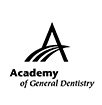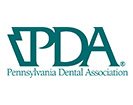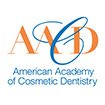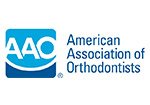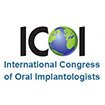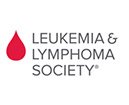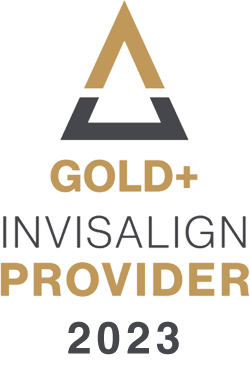Oral Cancer Screenings – Thorndale, PA
Finding Cancer Early Could Save Your Life
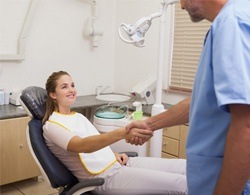
Many patients might not realize that when they visit Chester County Dental Arts, we’re not just checking for gum disease and cavities; we’re also looking for signs or symptoms that could point towards oral cancer. This deadly disease is the sixth most common kind of cancer in the world, and 37,000 new cases are diagnosed every year. If it spreads to other parts of the body, the chances of survival over the next five years will drop significantly. An oral cancer screening during your next checkup could save your life. Contact us today if it’s been a while since your last appointment or you're interested in learning more about oral cancer screenings in Thorndale, PA.
What is Oral Cancer?

Cancer is any condition where your body’s cells start to grow out of control, causing them to infiltrate and destroy normal body tissue. Oral cancer can develop anywhere in the mouth, meaning your tongue, lips and cheeks; it can also form on your throat.
Patients who smoke or drink excessively are at a higher risk of oral cancer; you might also develop the condition if you’re exposed to direct sunlight for too long. Some patients are more susceptible to oral cancer than others, such as those with certain genetic markers or those who have autoimmune disorders.
Oral cancer tends to affect men more often than women. In the past, people over the age of 50 were at the highest risk, but nowadays more and more young people are also developing the disease.
What Happens During a Screening?
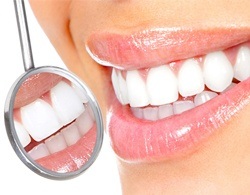
You’ll receive a screening at least once a year. We’ll ask you about any changes you’ve noticed in your mouth, neck, jaw or throat; we also need to gather information about the overall health.
During the actual screening, we’ll be looking for some of the potential symptoms of oral cancer, such as:
If one of these symptoms are found, it won’t necessarily mean you have oral cancer; a sore throat, for example, could have any number of less life-threatening causes. However, if we do find worrying symptoms, we’ll be able to point you in the right direction for treatment.
Why is Early Detection So Important?

It’s a lot easier to treat oral cancer in its earliest stages. If the condition is allowed to spread, patients will only have a 38% chance of surviving the next five years; however, if the cancer is still localized, those odds climb to 83%!
Regular appointments with your dentist will give you the best chance of detecting oral cancer early; that’s because you’ll see your dentist at least twice a year, which is more often than you may see your regular doctor. It’s just one more reason why those preventive dental checkups and cleanings are so important!


